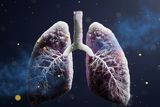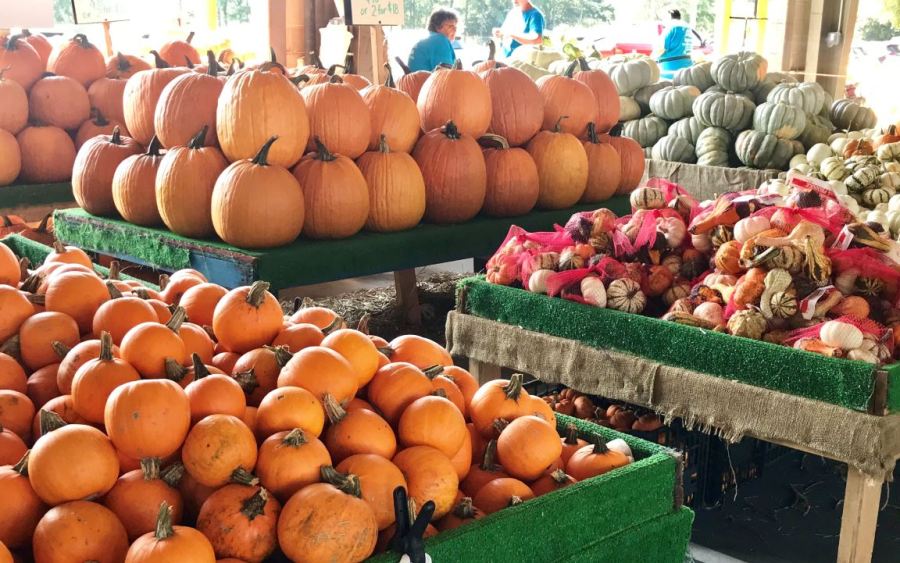Research has uncovered that dust from the evaporating Salton Sea in California can disrupt the lung microbiome, potentially impacting respiratory health. A study published in the journal mSphere by scientists at the University of California, Riverside (UC Riverside) highlights the adverse effects of environmental dust on lung microbes and immune responses.
While significant knowledge exists about the gut microbiome, the lung microbiome has remained less understood. Researchers have identified that microbes inhabit the lungs and that exposure to certain environmental elements can harm these microorganisms. The findings from this study are particularly timely as the Salton Sea continues to dry, releasing harmful dust into the atmosphere.
The research team conducted experiments with lab mice exposed to dust samples collected from the Salton Sea. Lead author and UC Riverside mycologist Mia Maltz stated, “Even Salton Sea dust filtered to remove live bacteria or fungi is altering what microbes survive in the lungs. It is causing deep changes to our internal environment.”
Impact of Dust on Lung Health
Prior to conducting their experiments, researchers suspected that environmental factors might contribute to respiratory issues. During fieldwork to collect dust samples, team members experienced lung discomfort, which residents of the Salton Sea area have long attributed to environmental conditions. Graduate student Talyssa Topacio noted, “Salton Sea residents have ongoing suspicions that the environment is linked to respiratory illness.”
The study revealed significant changes in the microbial populations within the lungs of mice exposed to the dust. Notably, levels of Pseudomonas and Staphylococcus bacteria, both associated with lung inflammation, surged. The researchers discovered that the dust samples contained bacteria producing lipopolysaccharide (LPS), a molecule known to trigger immune responses. Maltz emphasized that inhaling this dust may be akin to breathing in a “chemical fingerprint of dead bacteria.”
Mice exposed to the most potent dust samples exhibited a striking 60 percent increase in lung immune cells with neutrophil markers, essential for fighting infections. In contrast, mice breathing clean air had immune cell levels ranging from 10 to 15 percent.
Long-term Implications for Public Health
The implications of these findings challenge existing knowledge in pulmonology. As David Lo, a distinguished professor of biomedical sciences at UC Riverside, noted, “We’ve seen these kinds of microbial shifts in people with cystic fibrosis or infections. But these mice had no pre-existing conditions. This was a clean slate, and it still happened.”
The ongoing drying of the Salton Sea poses concerns for the health of nearby residents. Lo cautioned that prolonged exposure to this dust may lead to chronic lung issues and emphasized the importance of understanding how environmental factors contribute to conditions like asthma.
As the research team deliberates the potential impacts of other inhaled substances, including wildfire smoke and cigarette smoke, Maltz highlighted the need for further investigation. “We don’t yet know how long the changes last, or whether they’re reversible. That’s another big question,” she remarked.
This study signifies an important step in understanding the relationship between environmental exposures and lung health. As researchers continue to explore the complexities of the lung microbiome, the findings may pave the way for future public health initiatives aimed at mitigating the risks associated with harmful dust exposure.







